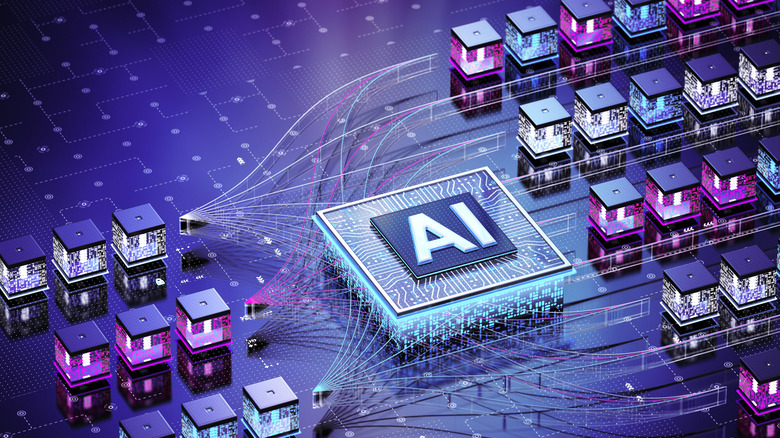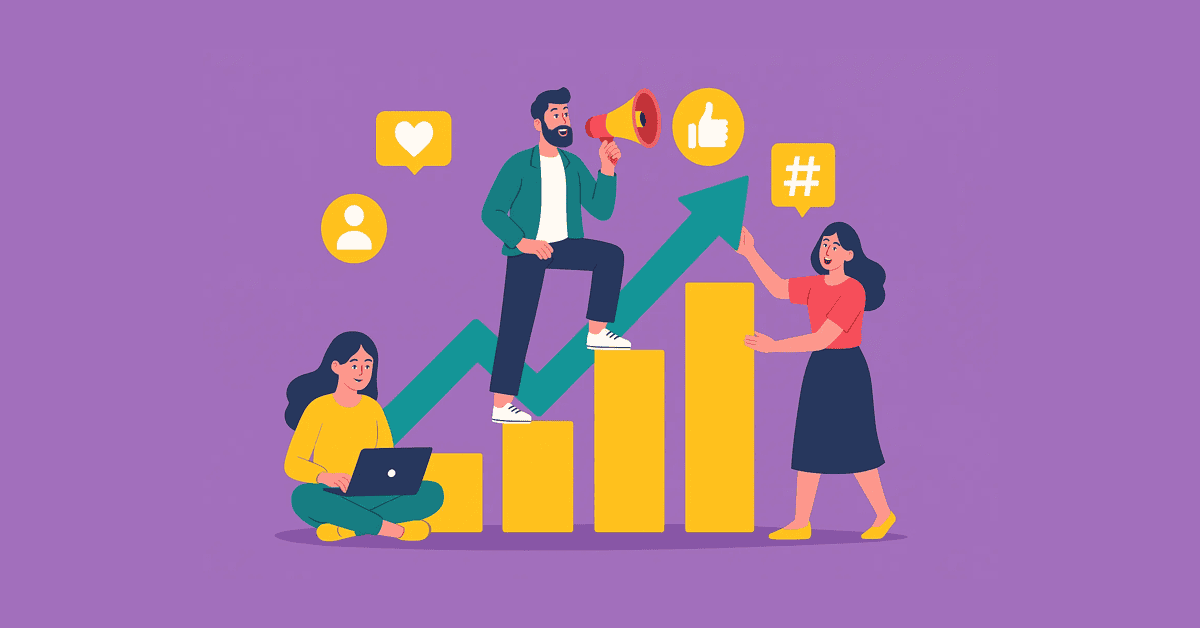AI has been in an exciting phase for the past few years, with lots of developments pushing AI chatbots like ChatGPT, Gemini, and Meta AI to new possibilities. At this point, LLMs can make presentations, generate images, draft documents, and even write code. But companies aren’t looking to stop at such trivial successes. Sam Altman — the CEO of OpenAI – says that the company plans to have a full-blown AI researcher by 2028. The first step toward that, though, is AI “research interns” in 2026.
This is all part of a continued shift toward what some call “personal superintelligence,” which is meant to turn AI chatbots like ChatGPT into more than just a tool — like an actual collaborator for your projects. What’s especially interesting about all of this is that Altman says the term AGI has become “hugely overloaded” and that “it’ll be this process over a number of years.” But what exactly does that mean?
The future of AI
Altman and other big leaders in AI, like Meta’s Mark Zuckerberg, have been very clear about wanting the future of AI to look vastly different from what it does now. They want to take AI and turn it into something that humans rely on much more than we already do, and full-blown AGI researchers would essentially aim for that. These AI tools would likely be capable of completing tasks without much human intervention. Essentially, it’s like ChatGPT on steroids. It takes the idea we already see of AI agents in browsers and turns the dial to 100.
AI is already assisting with various things — like finding possible cures that doctors missed and saving lives, and even diagnosing patients with different diseases. But we’re still quite far from ChatGPT being able to do any of that without a human giving it any kind of structure or prompt. Of course, the problem with an AGI that can do everything on its own is the fact that AI can hallucinate, making any information it determines on its own unreliable.










